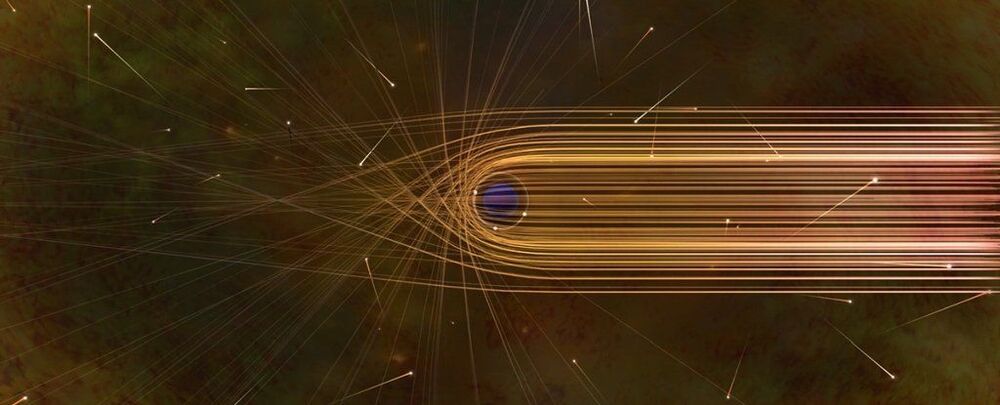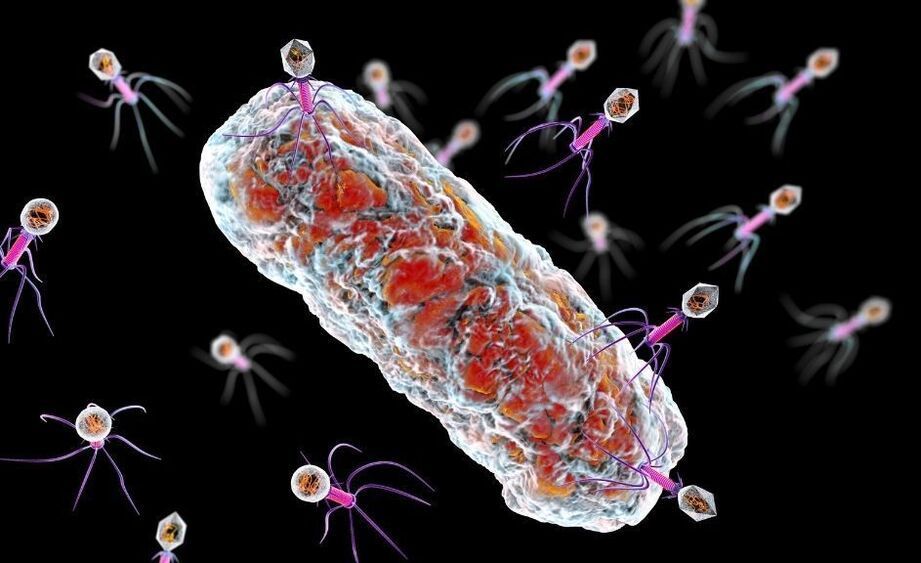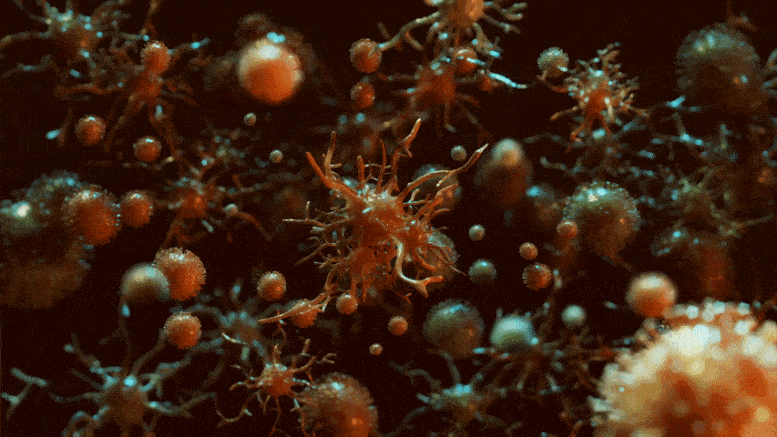Soldiers and Marines teamed up to test new tactical biological detection and chemical contamination systems that aim to keep service members safe. The systems indicate when chemical agents are present so decontamination can take place.
DUGWAY PROVING GROUND, Utah — Soldiers from Fort Drum and Joint Base Lewis-McChord teamed with Marines from Camp Pendleton to test new tactical biological detection and chemical contamination indicator systems here.
Soldiers with the 59th Hazard Response Company and 13th Combat Sustainment Support Battalion along with Marines from the 3rd Marine Air Wing went hands-on with the Joint Biological Tactical Detection System (JBTDS) and the Contamination Indication Disclosure Assurance System (CIDAS), which indicates chemical agent contaminants so proper decontamination can take place.
“These two operational tests have given my company the opportunity to focus on our critical war-time collective tasks of site assessment and decontamination and refine our tactics, techniques, and procedures,” said Capt. Ryan Oatman, company commander of 59th Chemical, Biological, Radiological and Nuclear (CBRN) Hazard Response Company.






